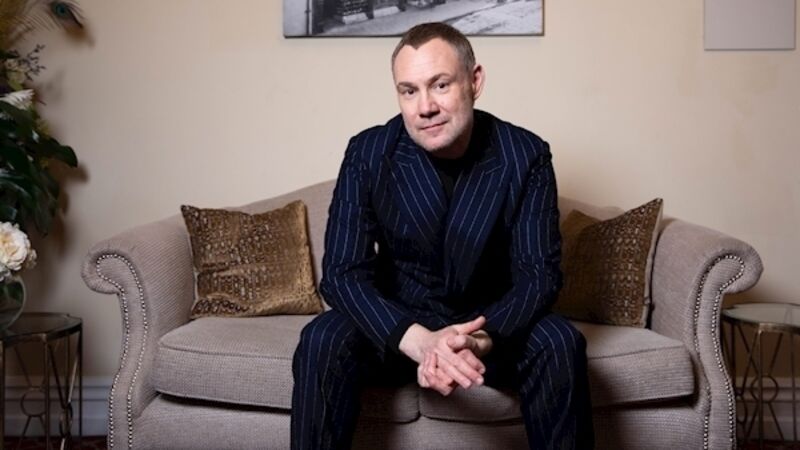This day 21 years ago David Gray released slow-burner album White Ladder

David Gray released White Ladder on this day in 1998. He tells about the slow-burn success of the album that changed his life.
On this day in 1998, David Gray released an album named White Ladder on small independent label, IHT Records.











